SUMMARY
This is AI generated summarization, which may have errors. For context, always refer to the full article.
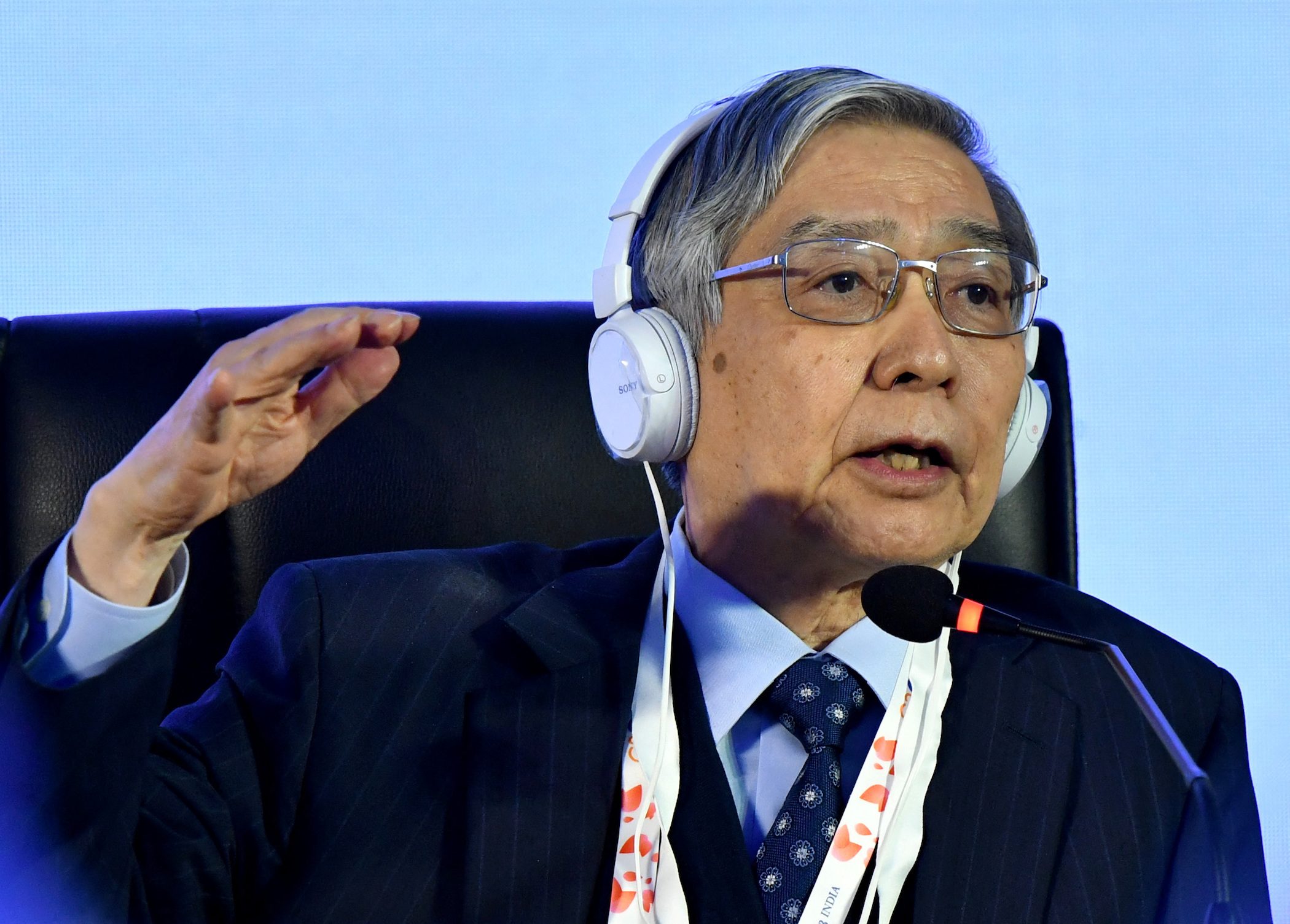
TOKYO, Japan – The Bank of Japan (BOJ) maintained ultra-low interest rates on Friday, March 10, and held off making changes to its controversial bond yield control policy, leaving options open ahead of a leadership transition in April.
Though widely expected by most analysts, the decision sent the yen and local bond yields tumbling as some investors unwound bets that retiring central bank governor Haruhiko Kuroda would tweak the yield curve control (YCC) at his last policy meeting.
Kuroda leaves the bank with a mixed legacy: his massive stimulus is praised for pulling the economy out of deflation, but has strained bank profits and distorted market function with prolonged low interest rates. And the country’s economic growth has remained tepid.
“The BOJ has been taking various steps to mitigate the side effects of its monetary easing. I can say that the benefits of our monetary easing have far exceeded the demerits,” Kuroda told a post-meeting briefing, defending his decade-long stimulus program.
At its two-day meeting that ended on Friday, the BOJ maintained its short-term interest rate target at -0.1% and that for the 10-year bond yield around 0%.
It also left unchanged a band set around the 10-year yield target that allows the yield to fall or rise up to 0.5%. Markets have been increasingly testing the upper end of that cap as investors bet that the BOJ will have to change course soon.
“The decision to uphold policy rates comes at a cost. The BOJ will be forced to continue its massive JGB (Japanese government bond) purchases to stem speculation of additional YCC tweaks, which will worsen market liquidity,” said Norihiro Yamaguchi, senior economist at Oxford Economics.
The yen was last down 0.4% at 136.66 per dollar, trimming losses after a knee-jerk plunge of as much as 0.6% after the no-surprises decision. The Nikkei average slumped the most in almost three months as bank shares tumbled.
The benchmark 10-year JGB yield pulled back sharply from the BOJ’s 0.5% ceiling to hit 0.385%, its lowest since January 24. The yield on the 368th 10-year note turned negative in a fresh sign of the severe market distortion caused by YCC.
Many investors expect the central bank to phase out the yield cap when Kuroda’s successor, Kazuo Ueda, takes the helm in April.
A majority of economists polled by Reuters expect the BOJ to end the yield control policy this year, with half saying Ueda will carry out tweaks to the policy within three months.
“Ueda won’t abruptly move and probably wait until his second meeting in June, in changing forward guidance and YCC,” said Masamichi Adachi, senior Japan economist at UBS Securities.
“The BOJ will likely abandon its 10-year bond yield target, while maintaining negative interest rates, to arrest distortions in the yield curve,” he said.
For now, the BOJ maintained its dovish guidance on the future policy path, saying that it expects short- and long-term policy rates to remain “at their present or lower levels.”
Kuroda said Japan was making progress toward sustainably achieving the BOJ’s 2% price goal, with inflation expectations heightening and more companies announcing wage hike plans.
“But there’s still various uncertainties surrounding the economy. As such, it’s important to maintain massive stimulus for the time,” he said.
Kuroda also said he expects market function to gradually improve by conducting “flexible” market operations, underscoring the BOJ’s intention to deal with distortions in the yield curve with existing tools rather than by overhauling YCC.

Ueda up next
With inflation exceeding its 2% target, the BOJ has been forced to ramp up bond buying to defend the 0.5% cap set for the 10-year bond yield – at the cost of distorting the shape of the yield curve and causing dysfunction in the bond market.
Kuroda repeated that consumer inflation, now running at double the pace of the BOJ’s 2% target, will begin to slow as the effect of past spikes in fuel and raw material prices fades.
Data released on Friday showed Japan’s wholesale prices rose 8.2% in February from a year earlier to mark the second straight month of year-on-year slowdown, heightening the chance the rise in consumer inflation will start to moderate in coming months.
In parliament hearings last month, Ueda echoed Kuroda’s calls to keep ultra-loose policy. But the incoming governor said he had ideas on how to exit low rates, and was open to the idea of reassessing the current policy framework.
The upper house of parliament on Friday approved the government’s appointment of Ueda and his two new deputies, Shinichi Uchida and Ryozo Himino, finalizing the confirmation of the new BOJ leadership.
Ueda will chair his first policy meeting on April 27 to 28, when the board will produce closely watched, fresh quarterly growth and price forecasts extending through fiscal 2025. – Rappler.com
Add a comment
How does this make you feel?
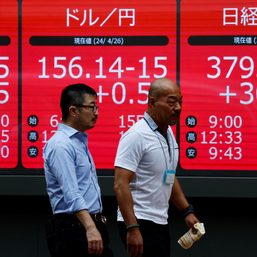
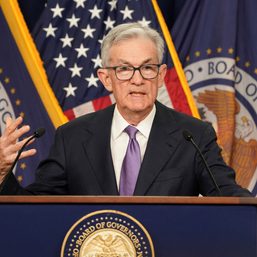
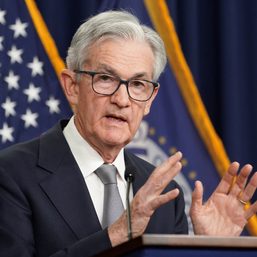
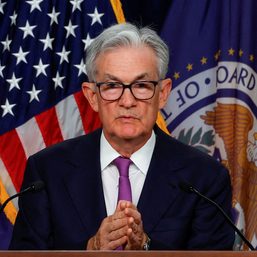
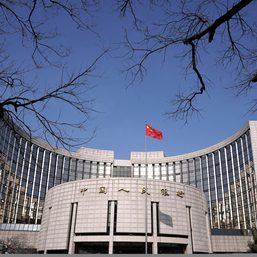

![[Hindi ito Marites] Japan: From enemy to bestie](https://www.rappler.com/tachyon/2024/07/Hindi-ito-Marites-TC-ls-7.jpg?resize=257%2C257&crop=415px%2C0px%2C1080px%2C1080px)


![[Rappler’s Best] America](https://www.rappler.com/tachyon/2024/07/rapplers-best-america.jpg?resize=257%2C257&crop=458px%2C0px%2C1080px%2C1080px)
There are no comments yet. Add your comment to start the conversation.